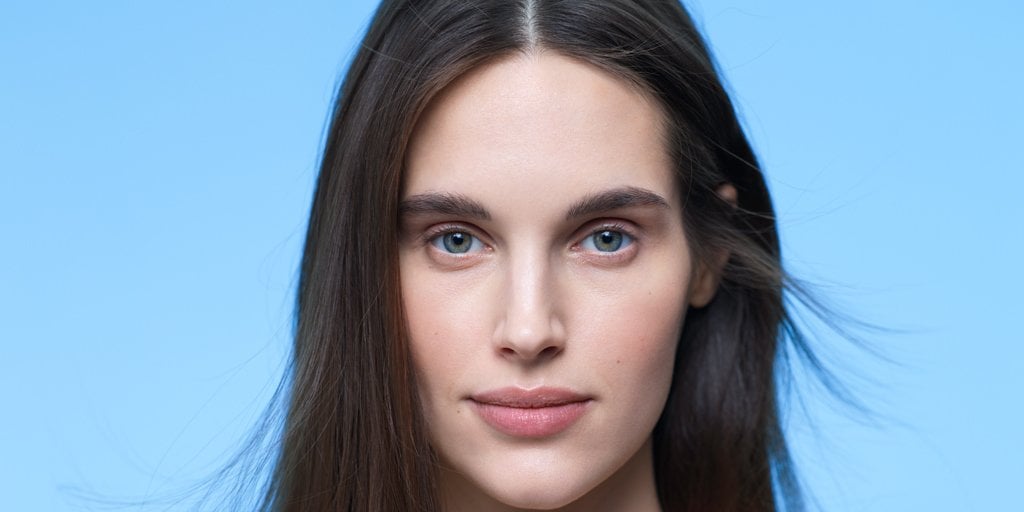WHAT CAUSES TEENAGE ACNE?
Did you know that nearly 80% of teenagers suffer from acne: That’s the vast majority! If you are dealing with spots issues, you are most certainly not alone. But what is the root cause of teenage acne? Well, it’s all about puberty and the associated hormonal changes our bodies experience.
Click HERE for an overview of hormonal acne and pre-menstrual acne.
At puberty, our sex organs (testes in boys and ovaries in girls) start producing different hormones. One group of hormones is called androgens, and its most famous member is testosterone. Androgens have many effects on the body: In both boys and girls, they stimulate the growth of body hair and increase muscle and bone mass. In boys, the higher levels of androgens also cause the voice to “break” and facial hair to grow.
As for the effects of androgens on skin, they communicate directly with the sebaceous gland, telling it to produce lots of oil. As a result, during puberty, the face, and often the back, become oily and the skin’s pores become blocked with a mixture of sebum and dead skin cells. From here, different types of spot can form ranging from blackheads to pustules to deep, painful cysts.
For full information on oily skin, acne and the different types of spots, click HERE.
WHAT TREATMENTS ARE AVAILABLE
FOR TEENAGE ACNE?
Worried about your spots and looking for a solution? Talk to your GP or dermatologist about the causes and effective treatments for teenage acne. They may prescribe local retinoids such as adapalene to reduce the formation of blackheads. To act on some of the microbes responsible for inflamed spots, doctors prescribe benzoyl peroxide. In more severe cases, they prescribe oral antibiotics such as doxycycline. For very intense and resistant forms of acne, they suggest treatment with Isotretinoin (Accutane). In all cases, dermatologists emphasize the need for regular follow-up, and compliance – that means sticking to the treatment – is the key to success.
For more info on prescription acne treatments, click HERE.
Are there any in-clinic treatments for teenage acne?
Dermatologists carry out in-clinic acne treatments for teenagers. Acne can be what is called “retentional”, where the pores of the skin’s sebaceous glands are blocked by lots of comedones (blackheads) and microcysts. The skin therefore needs to undergo dermatological cleansing. A painless minor extraction procedure is performed on the surface of the skin to drain the blackheads and microcysts. This enhances the treatment’s effectiveness.
TEENAGERS - NOW’S THE TIME TO GET INTO
GOOD SKINCARE HABITS!
A good skincare routine is vital for oily and acne-prone skin. And if you wear makeup, make sure you remove it thoroughly at the end of the day. A chore we know, but your skin will thank you for it.
Choose products developed specifically to soothe inflammation and treat adolescent skin, and consider seeking advice from a dermatologist.
Remember, however severe your teenage acne, there are effective treatments and products out there. The key is to get professional advice and stick to your prescribed treatment. You’ll be boosting your confidence with a clearer complexion in no time!
Click HERE to learn more about expert skincare for teenage skin.





